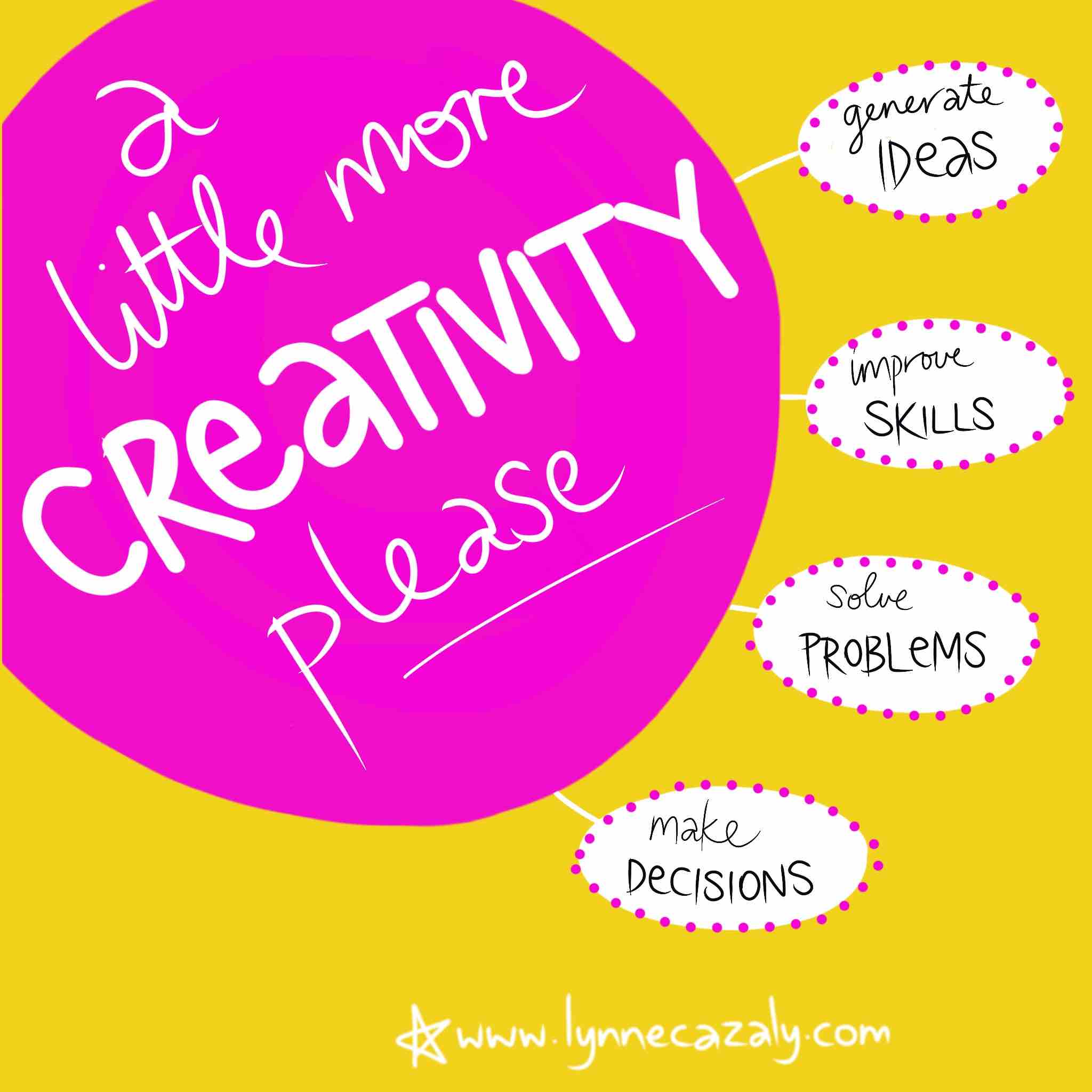Would you work in a tent
 Monday, September 20, 2021 at 4:55PM
Monday, September 20, 2021 at 4:55PM Leave a door open and someone may scold us with, ‘Were you born in a tent? Close the door!’
Tents and forts made from blankets and furniture are a playful memory from many childhoods.
And while there are pro and anti camping camps out there (you know, ‘I don’t do camping/We only do glamping’) there’s an interesting use of tents that’s popping up.
Providing shelter, protection, coziness and keeping people safely distant at work ... how about this: would you work in a tent?
This article shares some of the thinking and benefits to segregated spaces in covid safe workplaces.
As a long time camper, I am here for the tent!
And don’t get me started on caravans ... particularly the retro allure of an Airstream. I reckon that’s got productivity and creativity written all over it!
Would you? Work in a tent?




















